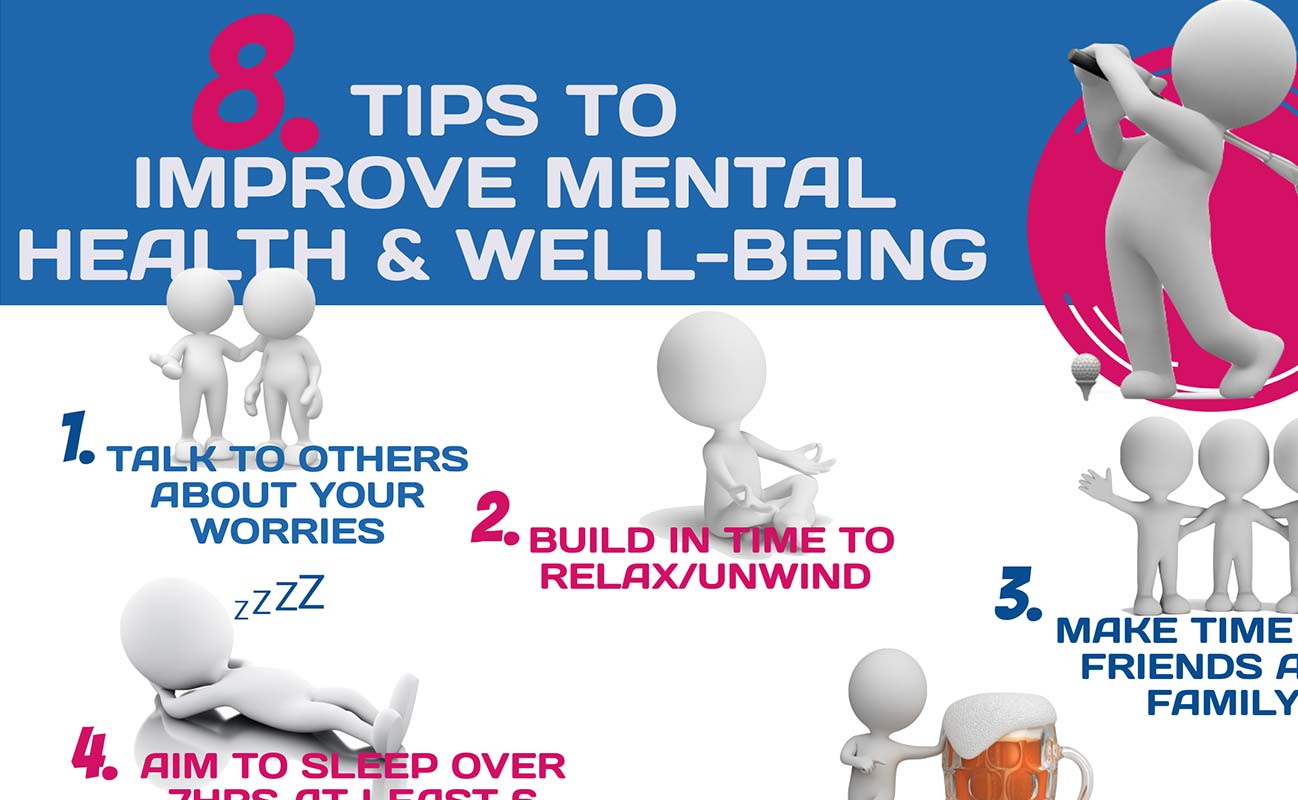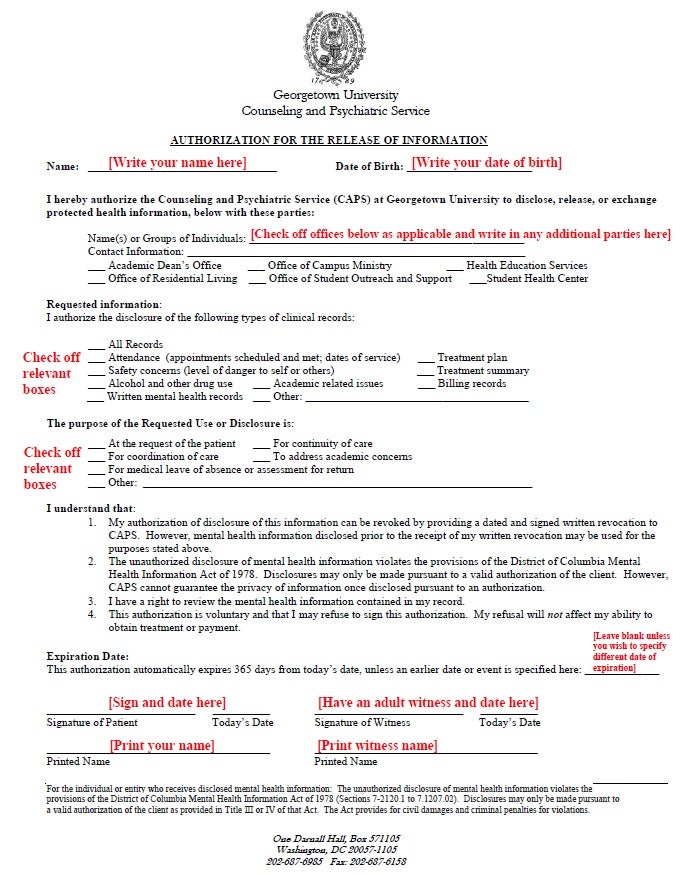presently have, or at some stage have had, a debilitating mental disease. according to the American Psychiatric Association. Mental disease, especially depression, is anticipated to turn into one of the significant health burdens in the future. The World Health Organization (WHO) specifies that depression is the leading cause of impairment worldwide.
As youth and teen mental health disorders are so typical, it's baffling that we are not equipping our children with an understanding of psychological health. Undiagnosed, improperly dealt with or neglected mental disorder can seriously impact their capability to learn and grow. It can result in negative coping systems and at worst, may result in suicide.
School is where friendships begin. It is where teenagers hone their sense of self-regard. It's likewise the place where children require to learn that their habits towards others can cause major self-respect concerns. Lots of trainees experience disputes, bullying and social exclusion at school. Alex Crotty was only eleven when she began feeling miserable all the time.
She suffered alone and even switched schools, however that did not assist. It was only when she was 14 that she told her mother what was going on. She was diagnosed with significant depression and stress and anxiety and had the ability to receive treatment. Her story reveals the problem young individuals experience when it pertains to speaking out about their anxiety or stress and anxiety.
Some are much better at managing these than others. Lots of children feel nervous, ranging from moderate symptoms to more serious types, such as panic attacks. Visit this page When these symptoms are neglected, they can cause anxiety, absence of efficiency and increased danger of compound abuse. The Netflix show "13 Reasons Why" is presently in its second season.
How Does Eating Healthy Affect Your Mental Health Can Be Fun For Anyone
She dedicates suicide and leaves 13 tapes describing why. The program has many critics, including health awareness specialists and parents who believe that it provides very little insight into the psychology of suicide. how mental health can affect physical health. They think it highlights simply how bad things can get and how cruel teenagers can be and may even add to new ways for teenagers to consider suicide.
Suicide is the second leading cause of death for people aged 15 to 24 in the U.S. Existing research study shows a possible connection between increased social media use and mental health although it's still unclear exactly how they are linked. What is clear is that young adults are the most active users.
With no long-term studies having actually been finished, we are still largely rating its impact. The upside of social networks is that teens are hardwired to mingle, and social networks makes it simple and instant. Teens in marginalized groups might find it easier to make pals and discover assistance. The disadvantage of social media is that those utilizing social media may be confronted with many negatives such as harmful comparisons, cyberbullying and less in person interactions.
Family, friends, instructors, and people themselves frequently notice little changes in thinking and habits prior to a mental disorder appears in the full-blown type. Discovering early indication, and taking action can assist. It can decrease the severity of the health problem, and it might even be possible to avoid or postpone the development of a significant mental disorder.

In a post composed by Nancy Barile, M.A.Ed. on the importance of psychological health awareness in schools, she relates how she discovered some extreme changes in one of her students over a brief period of time. The trainee no longer did her homework, and she would come to school in the very same clothes, although she 'd previously been meticulous about her appearance.
How Does College Affect Student’s Mental Health - Truths
Barile had some training in psychological health concerns and recognized that the trainee was in difficulty. Social employees on the staff had the ability to talk to the trainee and found that she was depressed, self-destructive and in requirement of immediate psychiatric intervention. She was confessed to the hospital for a brief while, offered medication and treatment and managed to graduate with her class.
79% of British moms Have a peek here and dads feel that mental health education should belong of the curriculum in schools. Around the world, moms and dads understand the need for psychological health education for kids. With 50% of mental health conditions developing in children of age 14 or below, the assistance for the cause is growing rapidly.
Simply as physical education belongs to the curriculum in schools, psychological health awareness and education ought to be too. Our children spend most of their day at school. We need to empower them with understanding about mental disorder. A growing number of schools are beginning to understand the significance of psychological health education. how does sleep deprivation affect mental health.
School-employed psychological health specialists work with instructors to provide assistance and with moms and dads to better understand students' needs and execute suitable assistance. In July 2018, New York ended up being the very first state in the U.S. to require psychological health education for all trainees. The School Mental Health program will promote the healthy emotional, social, and behavioral advancement of all the trainees.
Psychological health needs will be examined, and access will be supplied to mental health services and programs (how does mental health affect school). As reported in US News and World Report, a couple of small research studies have discovered "that teaching high school trainees about mental health enhanced their mindsets toward treatment, increased desire to look for aid from a counselor and improved their overall psychological health literacy." There is a pushing requirement for more research studies to figure out programs' effectiveness and determine ways to improve them.

Not known Incorrect Statements About How Can Poor Mental/emotional Health Affect Physical Health
Until it is, teachers and administrators require to help shine the light on the idea of self-care. And, they require to stress the truth that mental health is an essential part of health. THE BOTTOM LINE A cultural shift in mindsets about mental health requires to begin with the young.
Schools need to foster an environment in schools where mental health problems can be identified and attended to without being stigmatized. Awareness must be raised about mental health crises, such as self-harm, drug abuse, consuming disorders and other negative coping behavior needs to be created. If everybody in schools is empowered with knowledge, and dialogue is motivated, trainees will have the flexibility to open up about what they are going through.
As educators, https://www.liveinternet.ru/users/solenavxqr/post474518739/ parents and trainees throughout the nation continue to promote for more public school financing, the gaps in resources available to trainees continue to expand. One major area of issue getting more attention over the past few years is the scarcity of psychological health resources in schools. Without the required services, trainees, particularly those undiagnosed or untreated, are falling behind their peers.
are experiencing anxiety, anxiety and/or behavioral disorders. "Psychological conditions in childhood can negatively impact ... kids's capability to achieve social, emotional, cognitive, and academic milestones," the report said. Analyzing information from the 2016 National Study of Kid's Health, the scientists found that 7.1% of children aged 3-17 years had stress and anxiety issues, 7.4% had a behavioral conduct problem, and 3.2% had depression.
The research study also points to a near 20 percent treatment gap in between children diagnosed with anxiety versus those experiencing anxiety. In general, approximately 78% of children with anxiety have gotten treatment, whereas treatment for stress and anxiety and behavioral/conduct problems was 59% and 54%, respectively. Without access to services, trainees with stress and anxiety are at greater threat of later establishing depression.